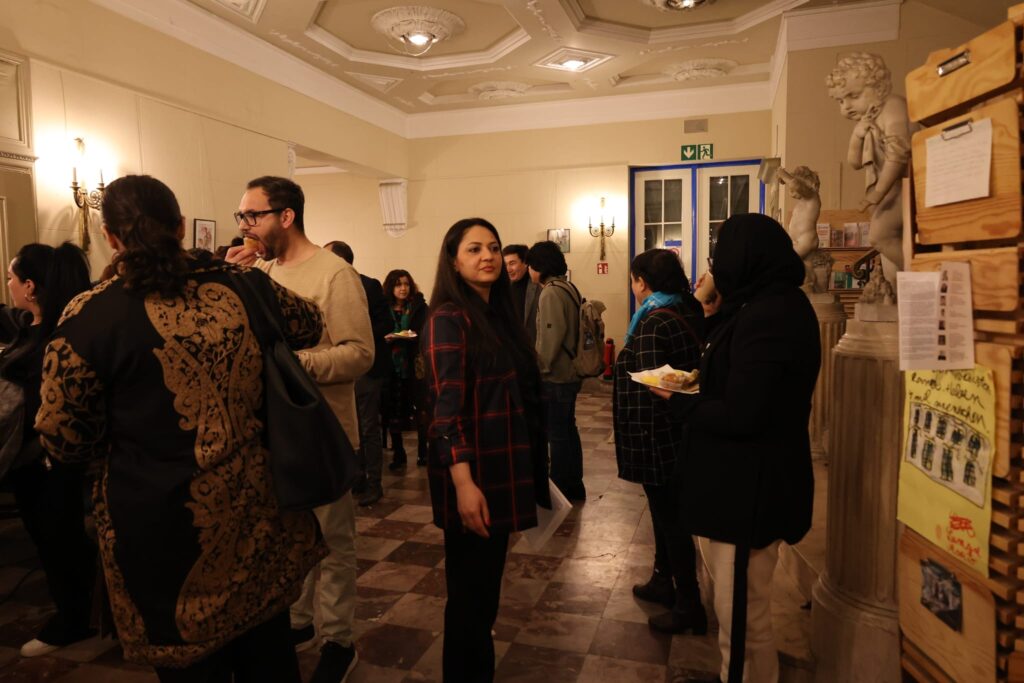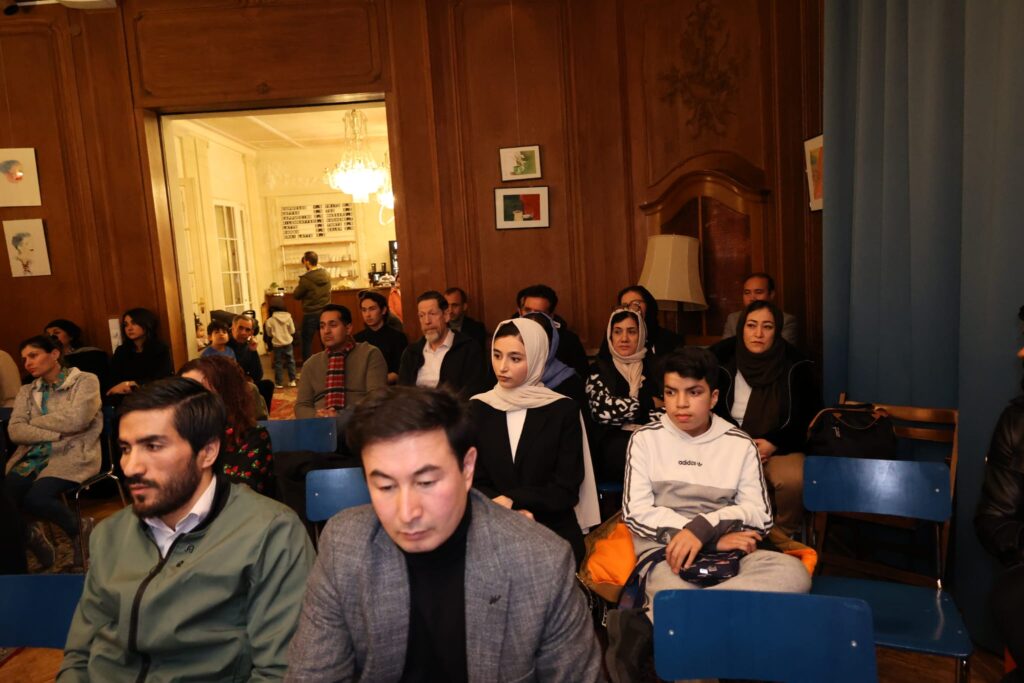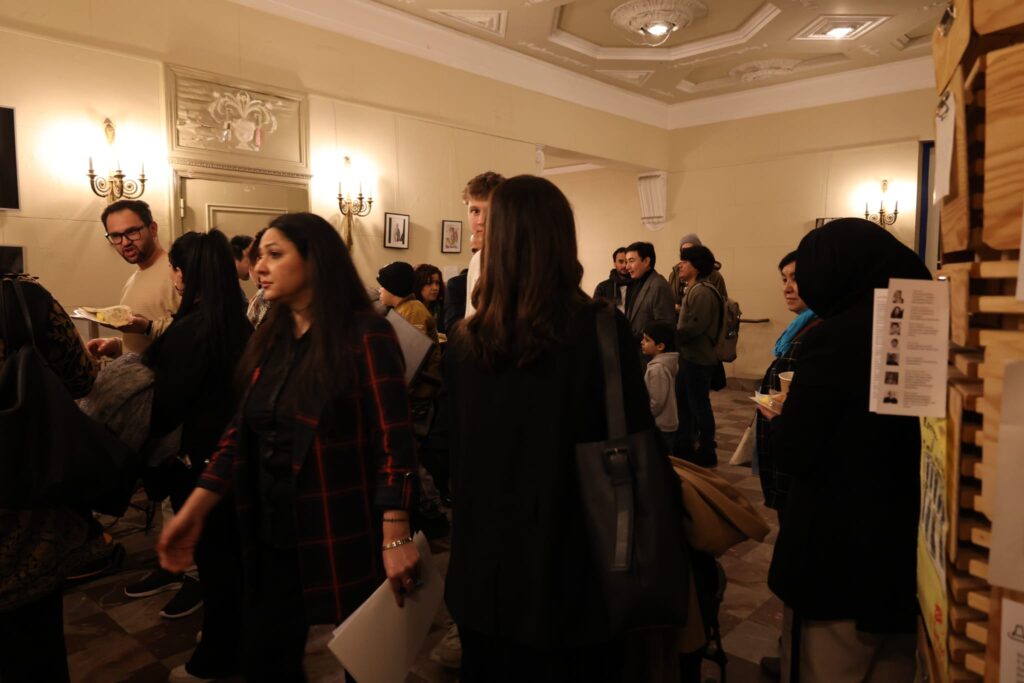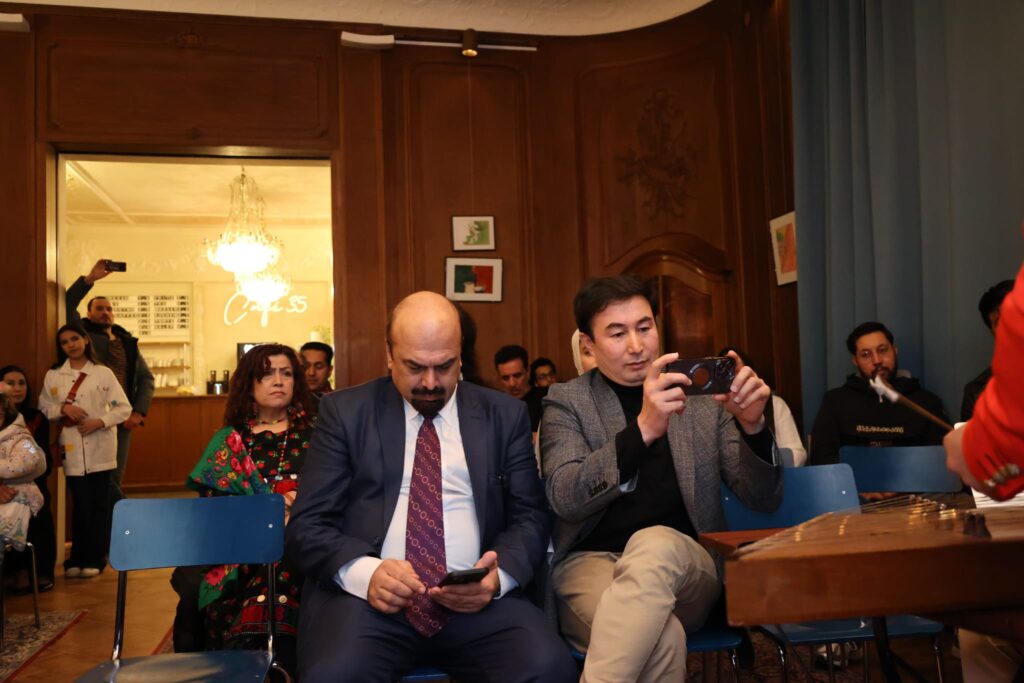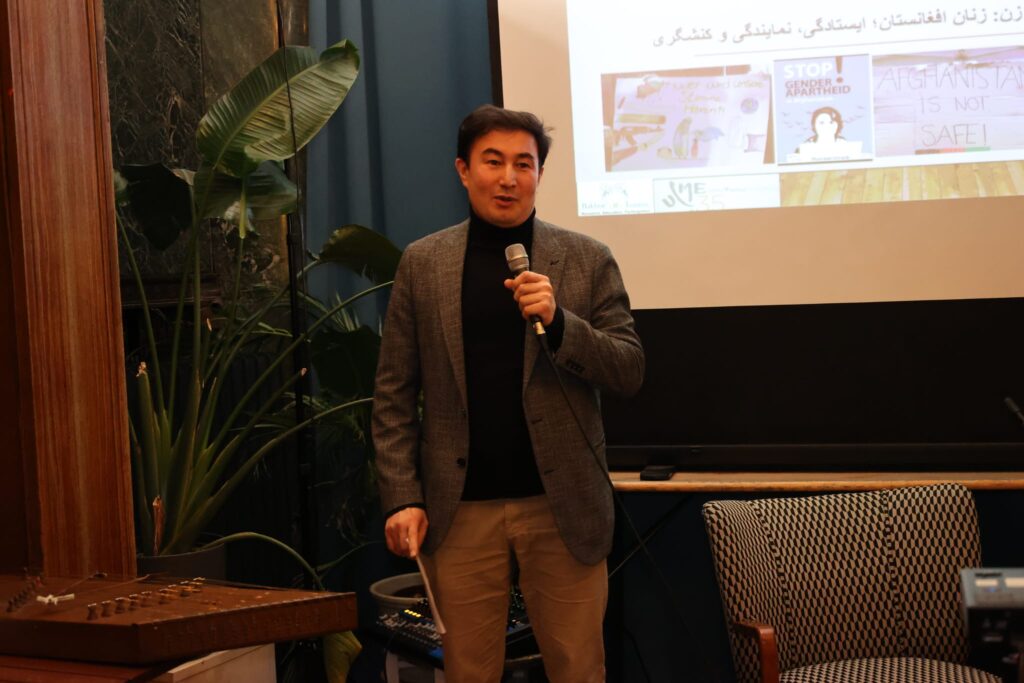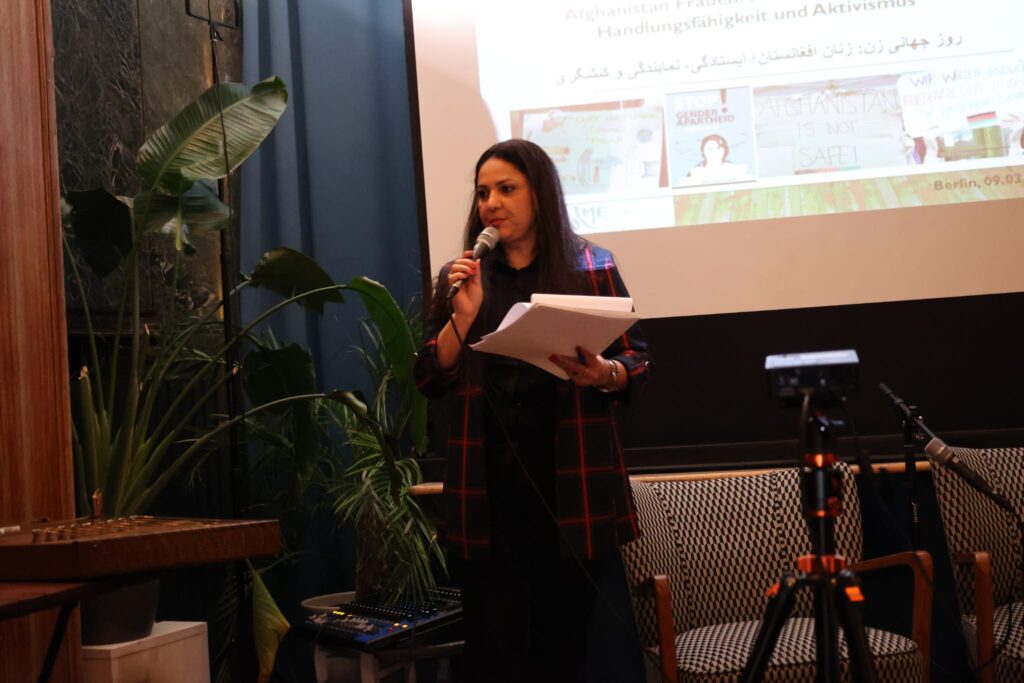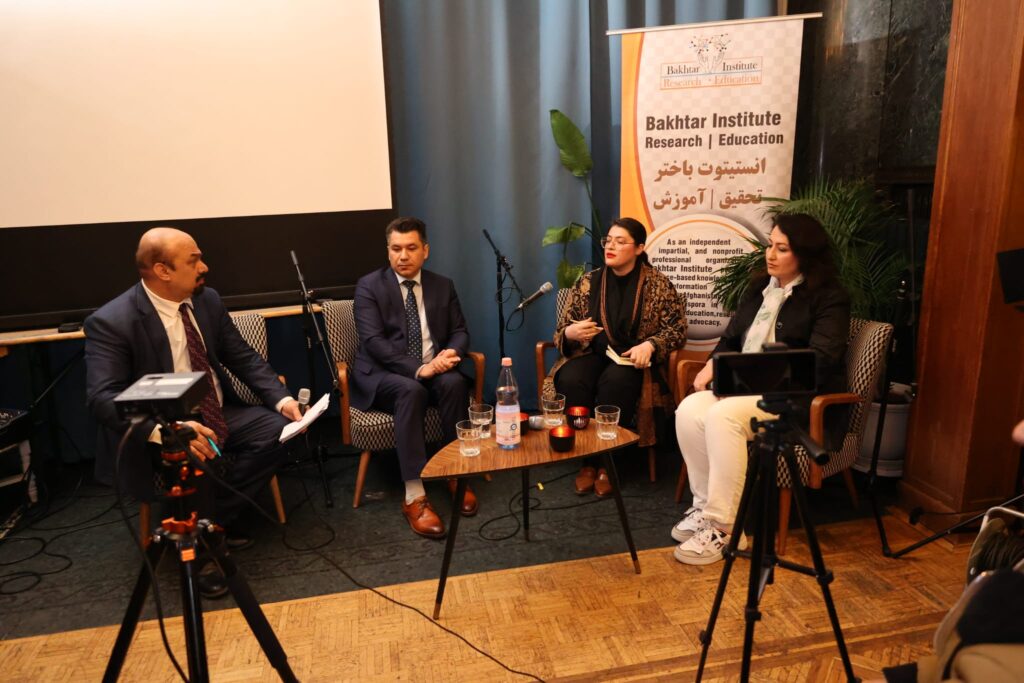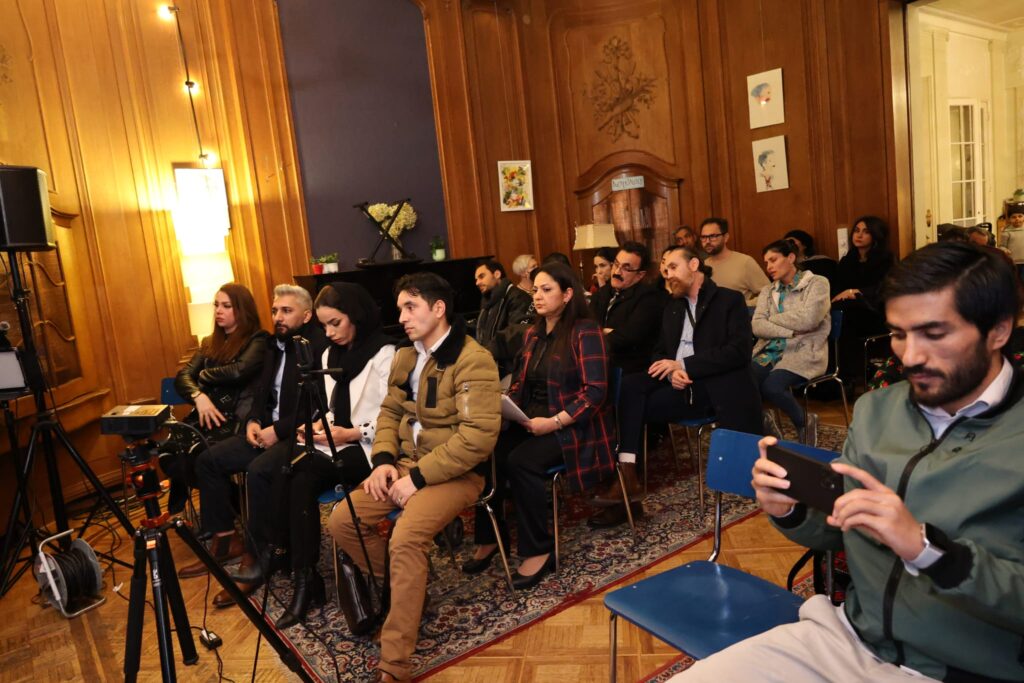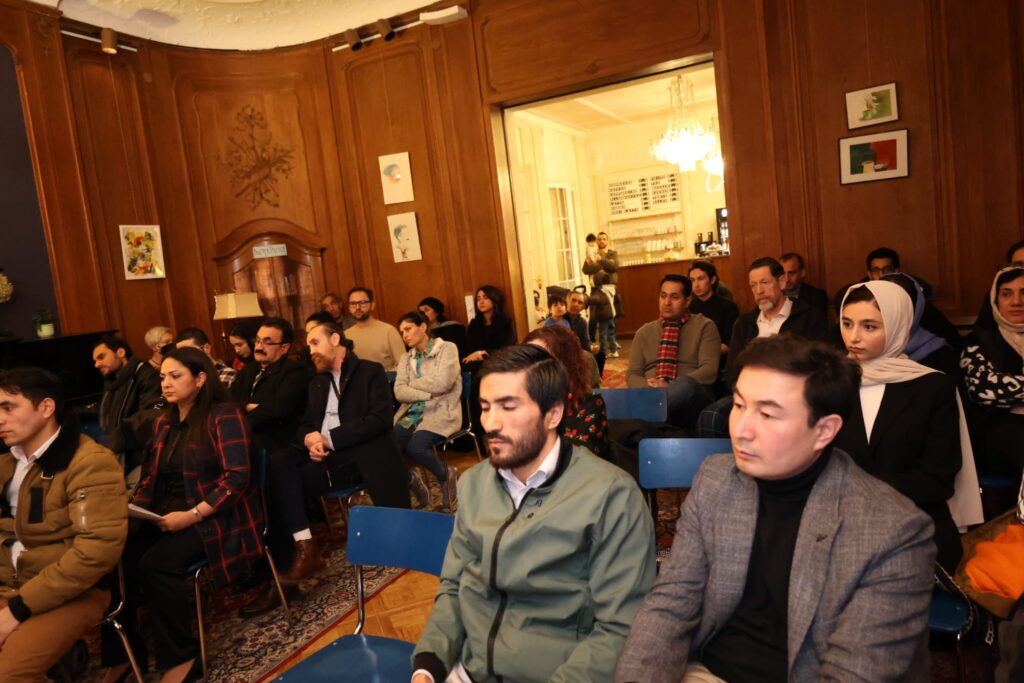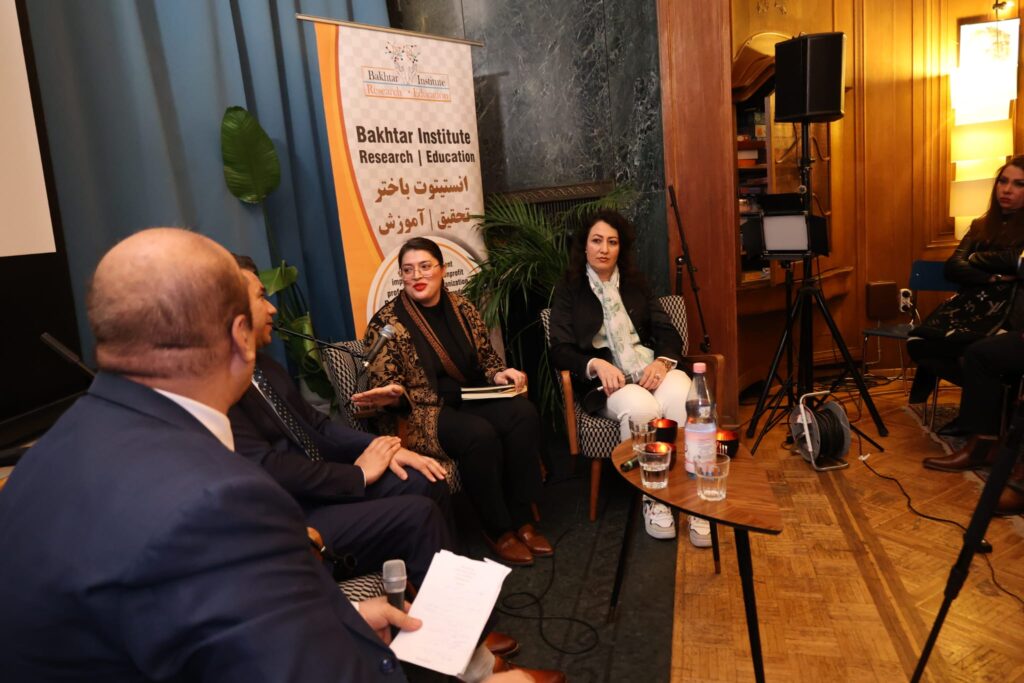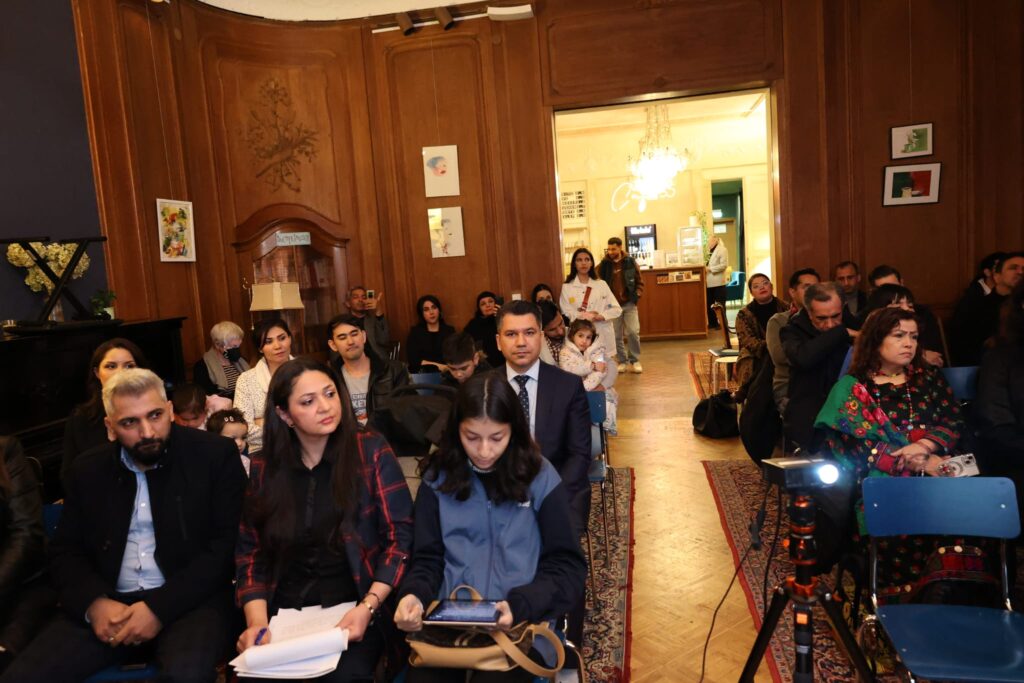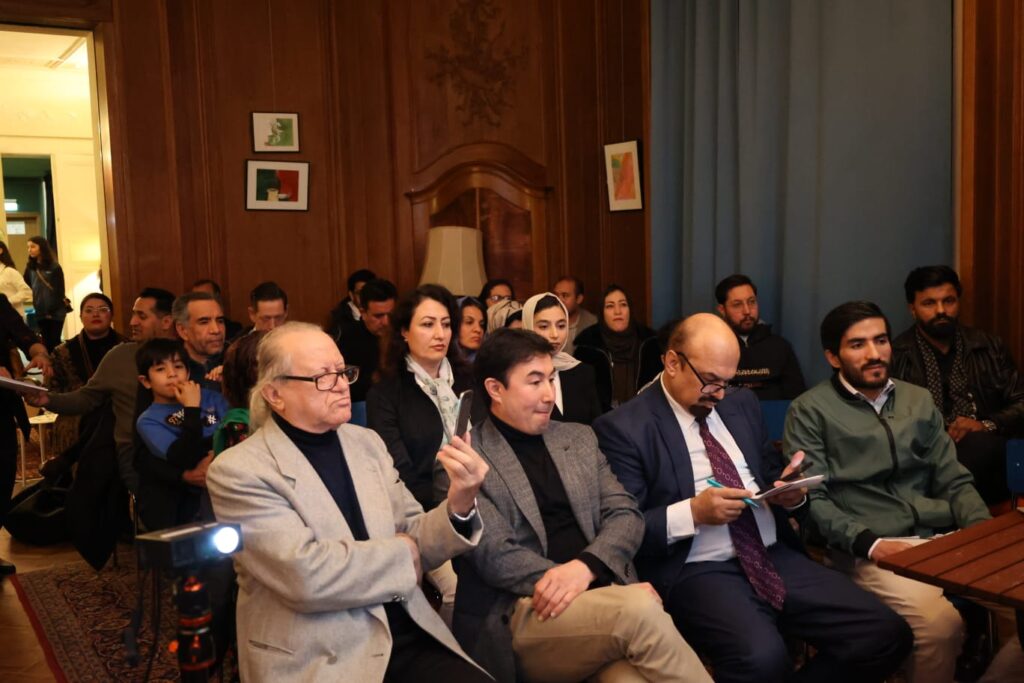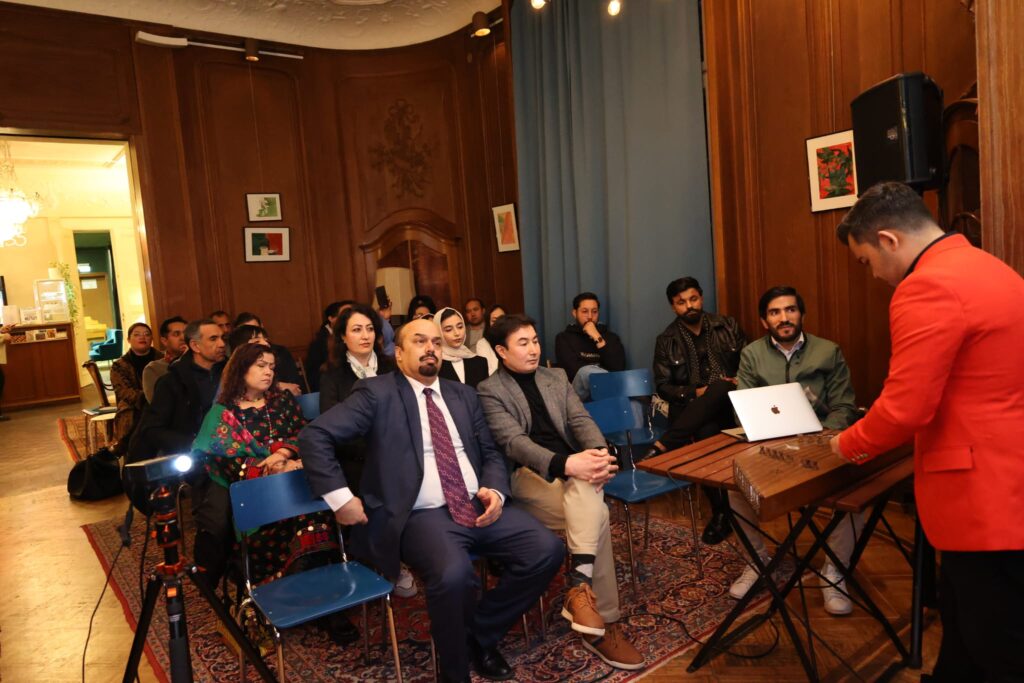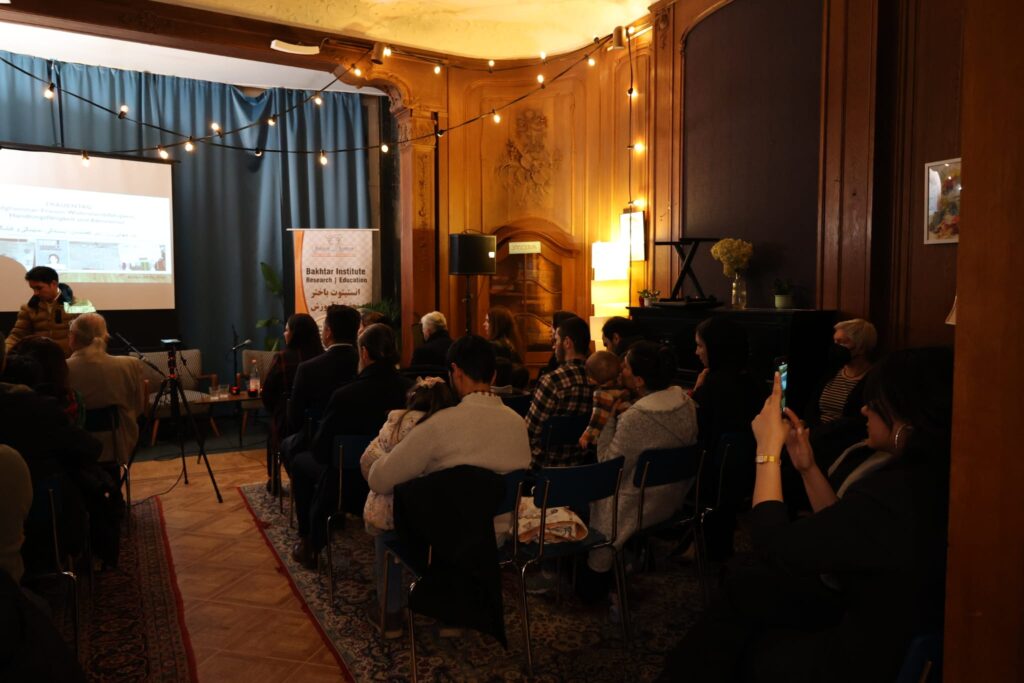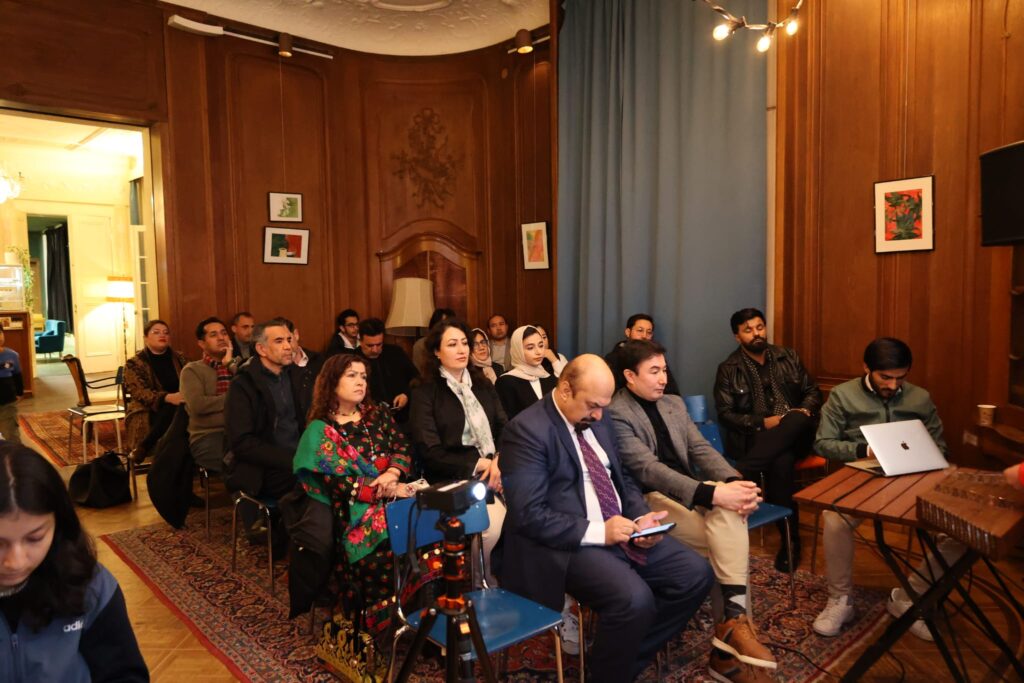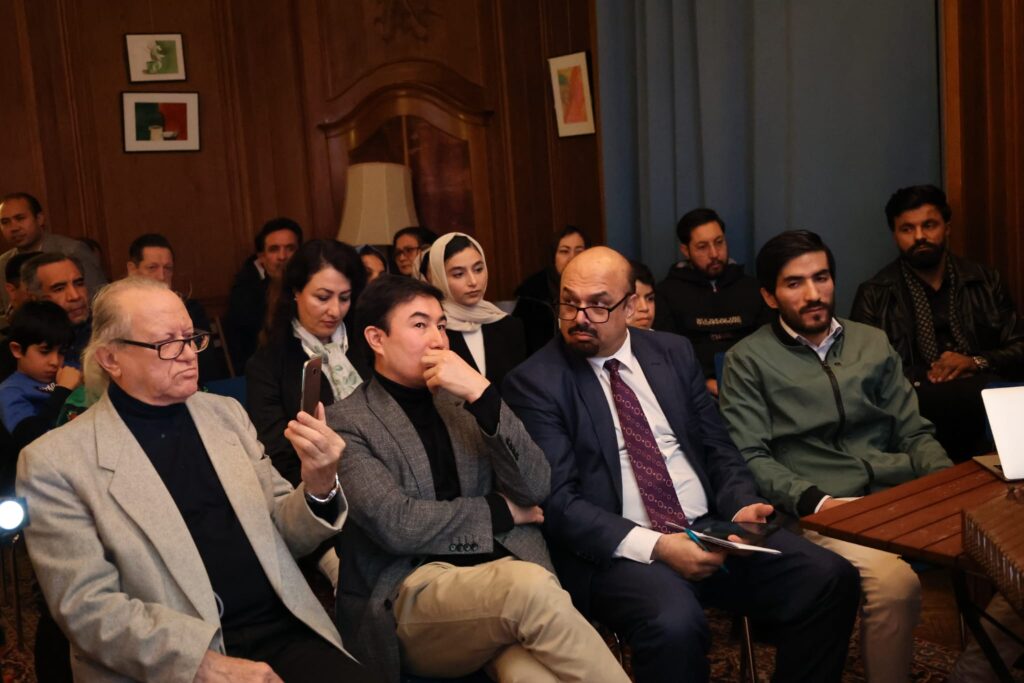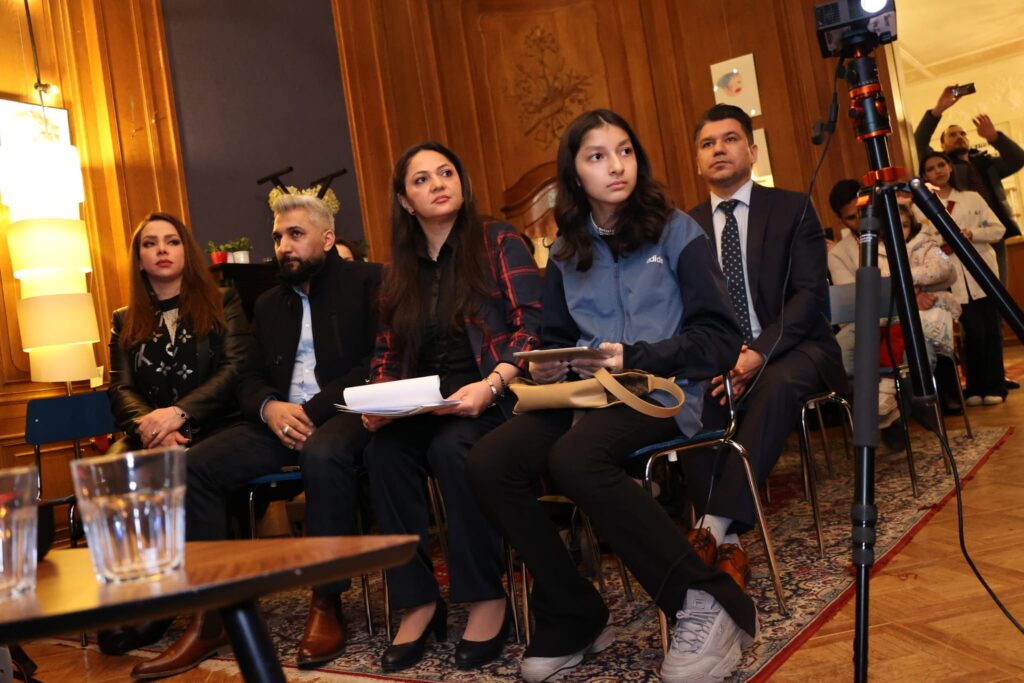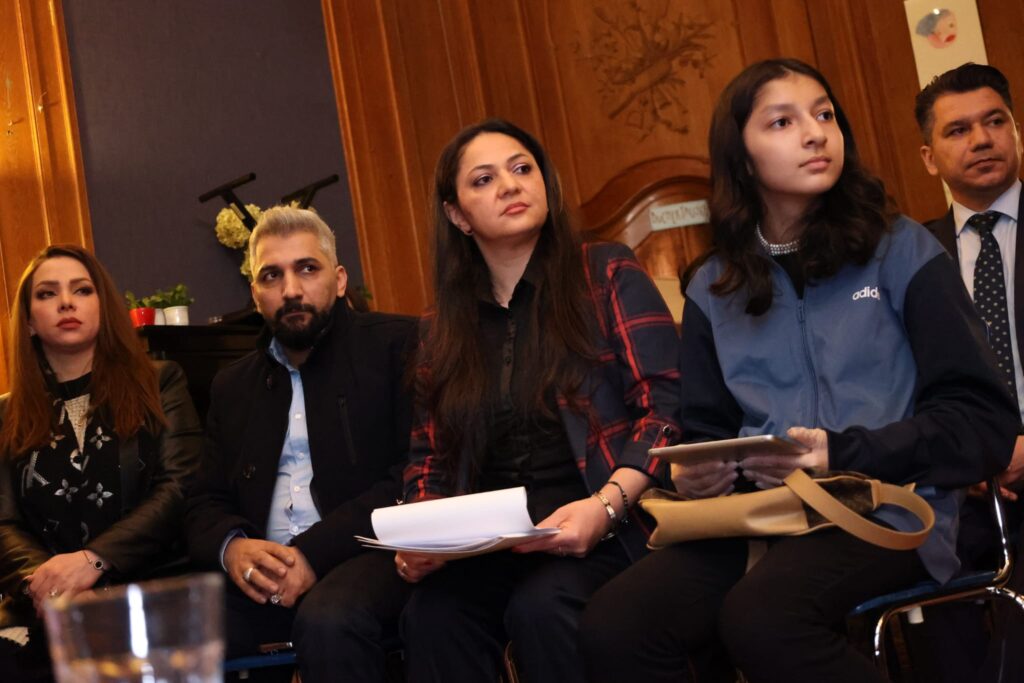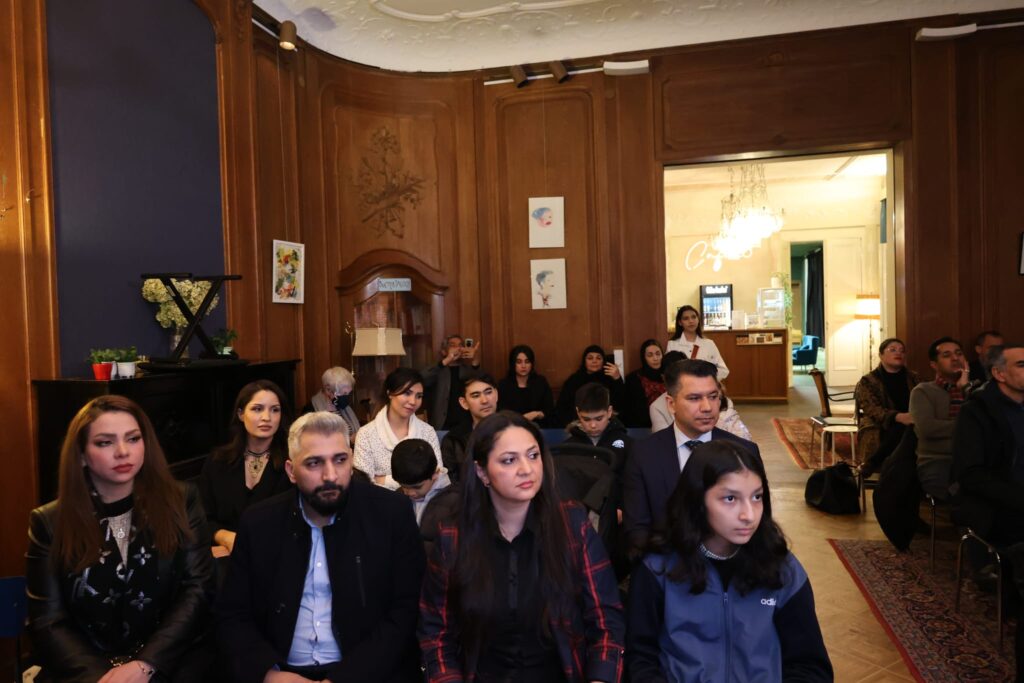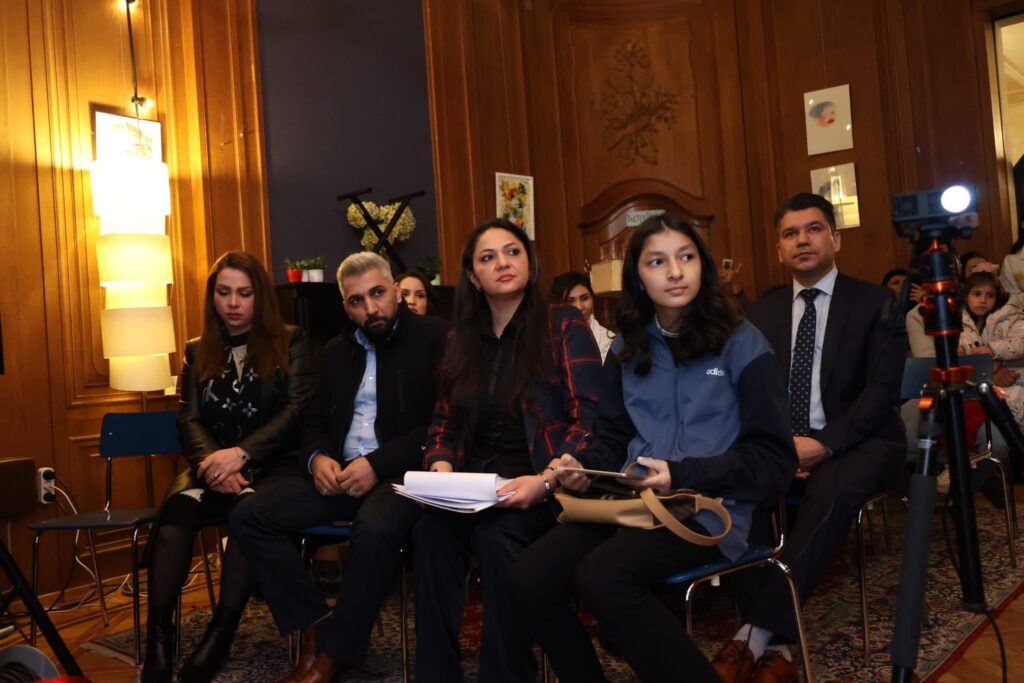International Women’s Day
Afghanistan Women: Resilience, Agency and Activism
On 8th March, the International Woman’s Day Bakhtar Institute e.V convened an event related to the situation of women and girls in Afghanistan. The event titled ‘Afghan Women Resilience, Agency and Activism’ provided the platform to a number of Afghanistan’s diaspora community to discuss, and assess their activism, the situation of women rights in the country and the way forward to work at the Germany and EU level. The program comprised of two sections. In the first stage an intensive discussion about the situation of women and girls in Afghanistan through panel with three guest speakers took place. In addition, poem, article by participants and welcome note of representative of Bakhtar Institute were part of it. In the second stage, the space was allocated for informal networking, exchanges, and music. Three Music bands voluntarily took part in the event.
BI representative stressed that this event is organized to express our solidarity with the women and girls in Afghanistan who have encountered the most difficult and challenging time over the last two and half years in the country.
The de facto authorities released over 46 decrees only against women excluding them from all their basic human rights including the right to work, to education: both secondary and higher education, access to healthcare, appearing in the public area, park, bath, and participation in the society etc…
On the other hand, they are also facing a serious risk of persecution, threat, kidnapping, torture, forced confession without considering the principles of a fair trial, sexual abuse, warning and imprisonment of the relatives and family members of protesting women. Women have been humiliated and insulted more than any other times under the current sovereignty.
Key notes from speakers:
- The status of women and girls on the ground disastrous, therefore, this needs serious and rapid actions.
- Recognized women’s struggles and activism demanding their rights and calling ‘do not recognize Taliban.’
- Collective and continued activism across EU and elsewhere is needed.
- Learning from other lessons, in this case the movement of ‘Woman, Life and Freedom’
- Becoming unified, united, and raising one voice
- The agenda of recognition of ‘Gender Apartheid’ should be pushed forward.
- Political power would be shared to women if any to happens aftermath of current authorities.
- The intellectuals need to generate a new alternative narrative.




